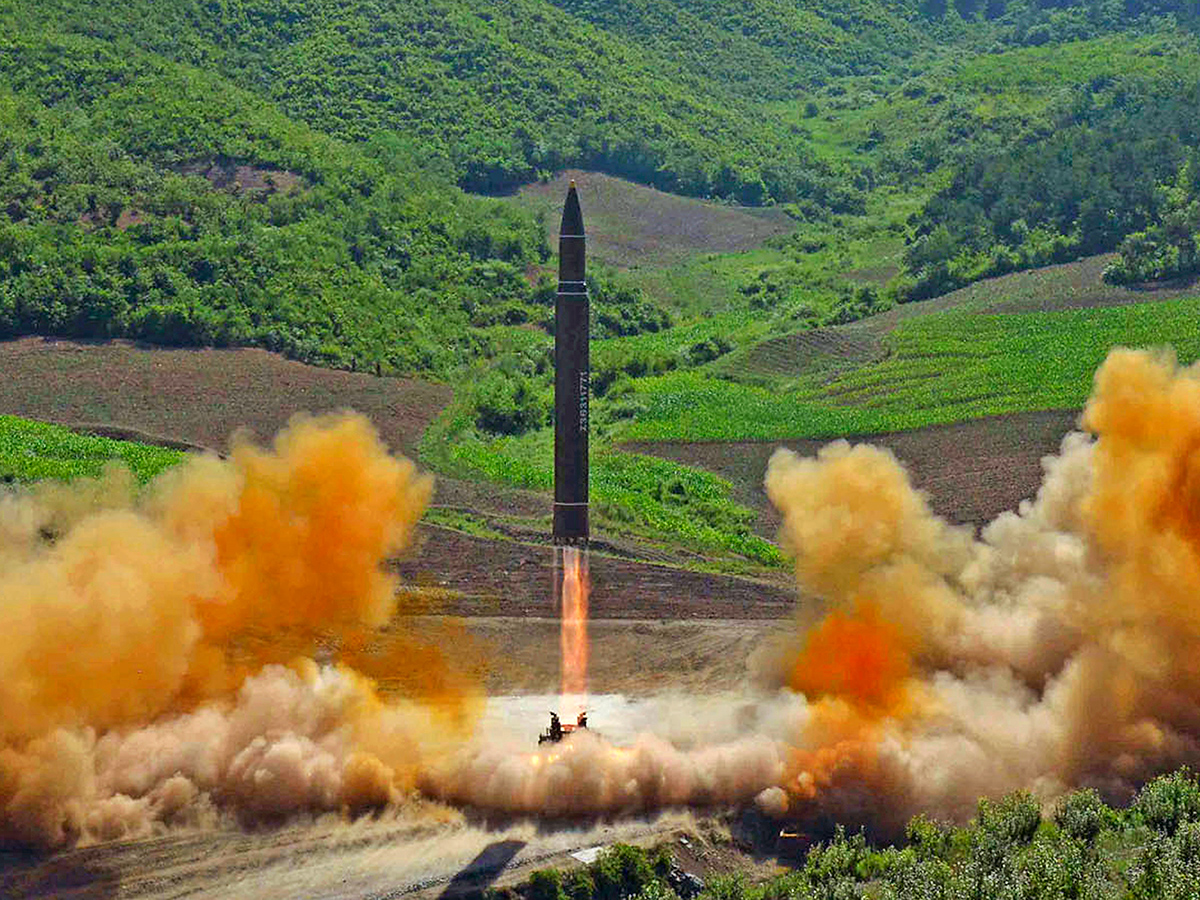
Get the world’s most fascinating discoveries delivered straight to your inbox.
You are now subscribed
Your newsletter sign-up was successful
Want to add more newsletters?

Delivered Daily
Daily Newsletter
Sign up for the latest discoveries, groundbreaking research and fascinating breakthroughs that impact you and the wider world direct to your inbox.

Once a week
Life's Little Mysteries
Feed your curiosity with an exclusive mystery every week, solved with science and delivered direct to your inbox before it's seen anywhere else.

Once a week
How It Works
Sign up to our free science & technology newsletter for your weekly fix of fascinating articles, quick quizzes, amazing images, and more

Delivered daily
Space.com Newsletter
Breaking space news, the latest updates on rocket launches, skywatching events and more!

Once a month
Watch This Space
Sign up to our monthly entertainment newsletter to keep up with all our coverage of the latest sci-fi and space movies, tv shows, games and books.

Once a week
Night Sky This Week
Discover this week's must-see night sky events, moon phases, and stunning astrophotos. Sign up for our skywatching newsletter and explore the universe with us!
Join the club
Get full access to premium articles, exclusive features and a growing list of member rewards.
North Korea did indeed test-launch an intercontinental ballistic missile (ICBM) yesterday, as the nuclear-armed nation claimed, U.S. officials said.
"The United States strongly condemns North Korea's launch of an intercontinental ballistic missile," U.S. Secretary of State Rex Tillerson said in a statement yesterday (July 4). "Testing an ICBM represents a new escalation of the threat to the United States, our allies and partners, the region, and the world."
North Korean state-run media asserted that the newly tested ICBM will allow the nation — which has repeatedly threatened to destroy the United States, South Korea and Japan — to deliver nuclear weapons to targets anywhere in the world. But that claim is likely overblown, according to Western experts.
The available evidence suggests that the missile splashed down in the ocean about 590 miles (950 kilometers) from the launch site after flying for 37 minutes, said missile expert David Wright, a senior scientist at the Union of Concerned Scientists, a science advocacy group in Cambridge, Massachusetts.
"A flight time of 37 minutes would require it to reach a maximum altitude of more than 2,800 km (1700 miles)," Wright wrote in a blog postyesterday. "So if the reports are correct, that same missile could reach a maximum range of roughly 6,700 km (4,160 miles) on a standard trajectory. That range would not be enough to reach the lower 48 states or the large islands of Hawaii, but would allow it to reach all of Alaska."
Missiles that can fly at least 3,400 miles (5,500 km) are regarded as ICBMs. Western analysts believe North Korea has been working to develop such a vehicle for quite some time, though the exact route the nation is taking has remained a mystery. (North Korea is famously secretive, so it's hard to know much about its missile and rocket program with certainty.)
Yesterday's test was therefore revelatory. It apparently involved a KN-17 missile, which Pyongyang has test-launched before, topped with a second stage to make "a brand-new missile that has not been seen before," CNN reported, citing U.S. officials.
Get the world’s most fascinating discoveries delivered straight to your inbox.
"The focus now is on the capability of that second stage, and how it technically contributed to making Pyongyang's latest test its first ever intercontinental ballistic missile (ICBM) launch," CNN wrote.
Follow Mike Wall on Twitter @michaeldwall and Google+. Follow us @Spacedotcom, Facebook or Google+. Originally published on Space.com.

 Live Science Plus
Live Science Plus











